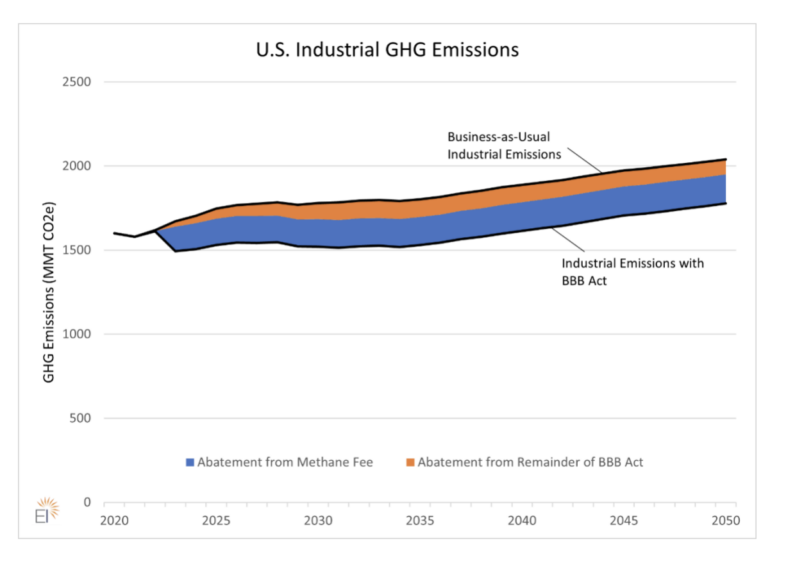
(A lot going on in that photo beyond what the caption says, on so many levels. It is from June 21, 1947, after Senate Democrats spent the previous night filibustering the eventual GOP override of President Truman's veto of Taft-Hartley.)
Set aside for a moment the big issues like democracy reform that we know are stymied by the filibuster — it's a given that its anti-majoritarianism holds up major generational reforms. Its impact goes far beyond that. The ways in which the filibuster infects not just legislating but the basic task of governance is so pervasive that it's become part of the background noise of Washington. We don't notice it anymore, but it's hugely significant.
See Also: Press Secretary Psaki tells Mary Alice Parks about Pres. Biden's trip to Capitol Hill today
Take for example the ACA — huge, consequential legislation that remade entire segments of the health care and health insurance industries. It would be impossible to get all the elements of landmark legislation like the ACA exactly right the first time. Mistakes were part of it (remember the mother of all drafting errors?). Unintended consequences creep up. The market, private players, and corporate America react and adapt to new legislation in ways that can be hard to forecast. Adjustments have to be made. But thanks to the filibuster, making those kinds of normal tweaks to legislation, fixing problems with it, adapting to the real world impacts of it as they unfold is often difficult or impossible.
It's coming up now in major ways. It seems to be off the table now, but the clean electricity standard was a great example of the ways in which the filibuster hamstrings everything. Because of the filibuster a normal clean electricity standard wasn't viable so it had to be done via reconciliation. To clear reconciliation's convoluted rules, a whole new version of a clean electricity standard had to be drawn up. Dubbed the Clean Electricity Performance Program, it combined a complicated set of carrots and sticks to induce utilities to generate a bigger share of their electricity from clean energy sources. That became the centerpiece of the Biden climate agenda, but amazingly it was largely unproven! How did we end up staking the U.S. climate policy on an unproven mechanism? The filibuster.
See Also: Press Briefing by Press Secretary Jen Psaki - Live Update
But there's more!
See Also: Obama: 'I understand' why Americans want to know when COVID-19 mandates will end
Even if the CEPP more or less worked as intended, there was another wrinkle. It was unlikely to work precisely as intended without further adjustments based on how it performed in the wild. Like the ACA, it was going to need to be tweaked. The mix of carrots and sticks need to be just right. The market might have reacted in unpredictable and hard-to-foresee ways. But would those tweaks have been able to be made in the normal course of governance? Probably not over GOP opposition and the use of the filibuster.
See Also: Pelosi on filibuster carveout: Voting rights is 'fundamental'
The filibuster forces policymakers into situations where they have to get everything perfect or risk the entire agenda collapsing. It's an impossible standard to meet, but that's where we are.
Another recent example: the billionaire tax (it, too, looks like it may not make it into the final package). It's a huge change to U.S. tax policy. A big risk. The revenue it generates is key to funding Build Back Better. The ability to target extreme wealth successfully will be a key measure of Biden's and Democrats' effectiveness. A lot is at stake! Billionaires will throw millions of dollars at tax lawyers, financial experts and accountants to avoid the billionaire tax. It will be a game of cat and mouse. Except Democrats in future congresses will be hamstrung by the filibuster from making the kinds of tweaks to the law that would naturally need to be made to implement it successfully, adjust to changing conditions, and get the right mix of provisions to make the tax airtight and effective.
I should caveat here that the kinds of tweaks I'm talking about can sometimes be made without a filibuster threat. Sometimes there's bipartisan agreement. Sometimes the tweaks get snuck through on must-pass legislation. But in general, Democrats are operating not just on the presumption that their big stuff will never pass except in reconciliation but that anything they do manage to pass will be forever handcuffed by the filibuster.
See Also: DeSantis reveals how Florida is trying to recruit cops from other states whose jobs are threatened by vaccine mandates
It's a huge impediment to governance, and it fits in perfectly with the GOP vision: keep breaking government until you've convinced everyone government is hopelessly broken.




